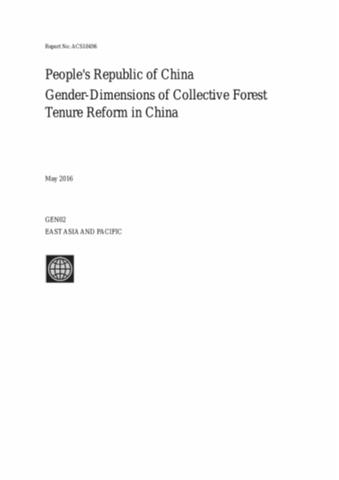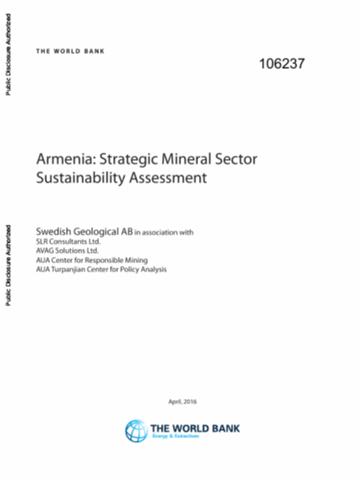Transforming Vietnamese Agriculture
Over the past quarter century, Vietnam’s
agricultural sector has made enormous progress. Vietnam’s
performance in terms of agricultural yields, output, and
exports, however, has been more impressive than its gains in
efficiency, farmer welfare, and product quality. Vietnamese
agriculture now sits at a turning point. The agricultural
sector now faces growing domestic competition - from cities,
industry, and services - for labor, land, and water. Rising






